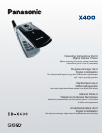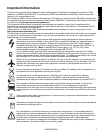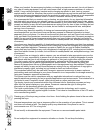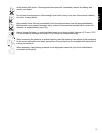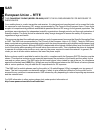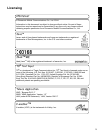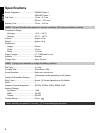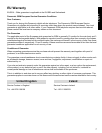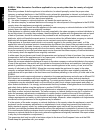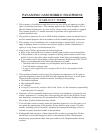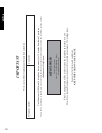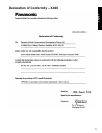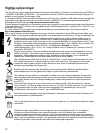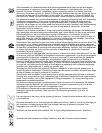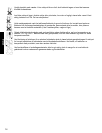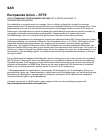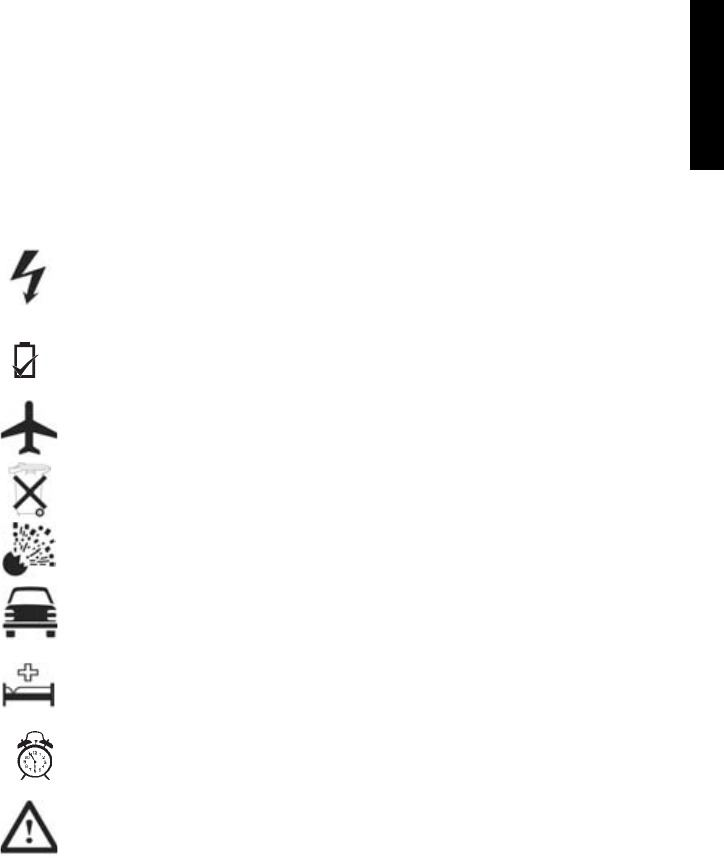
1
EnglishEnglishEnglishEnglish
English
X400XX2WW1c
Important Information
Thank you for purchasing this Panasonic digital cellular phone. This phone is designed to operate on GSM
networks – GSM900 and GSM1800. It also supports GPRS for packet data connections. Please ensure the
battery is fully charged before use.
We, Panasonic Mobile Communications Development of Europe Ltd., declare that the EB-X400 conforms with
the essential and other relevant requirements of the directive 1999/5/EC. A declaration of conformity to this effect
can be found at http://www.panasonicmobile.com.
This Panasonic mobile phone is designed, manufactured and tested to ensure that it complies with the
specifications covering RF exposure guidelines applicable at the time of manufacture, in accordance with EU,
USA FCC and Australian ACA regulations.
Please refer to our website for latest information/standards and compliance in your country/region of use
http://www.panasonicmobile.com.
The following information should be read and understood as it provides details which will enable you to operate
your phone in a manner which is both safe to you and your environment, and conforms to legal requirements
regarding the use of cellular phones.
This equipment should only be charged with approved charging equipment to ensure optimum
performance and avoid damage to your phone. Other usage will invalidate any approval given to
this apparatus and may be dangerous. Ensure the voltage rating of the Fast Travel Charger is
compatible with the area of use when travelling abroad. A Fast Travel Charger (EB-CAX70xx*) is
supplied with the Main Kit. (Note xx identifies the Charger region, e.g. CN, EU, UK.) Other
recommended equipment for charging is the car charger (EB-CDX70).
Use of another battery pack than that recommended by the manufacturer may result in a safety
hazard. If you use a feature which keeps the key backlight on continuously for a long time, such as a
game or the browser, battery life will become extremely short. To maintain longer battery life, set the
key backlight to off. Do not use this phone without the battery cover attached.
Switch off your cellular phone when in an aircraft. The use of cellular phones in an aircraft may be
dangerous to the operation of the aircraft, disrupt the cellular network and may be illegal. Failure to
observe this instruction may lead to the suspension or denial of cellular phone services to the
offender, or legal action or both.
Do not incinerate or dispose of the battery as ordinary rubbish. The battery must be disposed of in
accordance with local regulations and may be recycled.
It is advised not to use the equipment at a refuelling point. Users are reminded to observe
restrictions on the use of radio equipment in fuel depots, chemical plants or where blasting
operations are in progress. Never expose the battery to extreme temperatures (in excess of 60°C).
It is imperative that the driver exercises proper control of the vehicle at all times. Do not hold a
phone while you are driving; find a safe place to stop first. Do not speak into a handsfree
microphone if it will take your mind off the road. Always acquaint yourself thoroughly with restrictions
concerning the use of cellular phones within the area where you are driving and observe them at all
times.
Care must be taken when using the phone in close proximity to personal medical devices, such as
pacemakers and hearing aids.
Remember to disable the alarm function when in an aircraft or a medical facility to prevent the phone
automatically switching itself on.
For most efficient use hold the phone as you would any normal phone. To avoid deterioration of
signal quality or antenna performance, do not touch or “cup” the antenna area while the phone is
switched on. Do not leave the camera facing direct sunlight to avoid impairing camera performance.
Unauthorised modifications or attachments may damage the phone and violate applicable
regulations. The use of an unapproved modification or attachment may result in the invalidation of
your guarantee – this does not affect your statutory rights.



